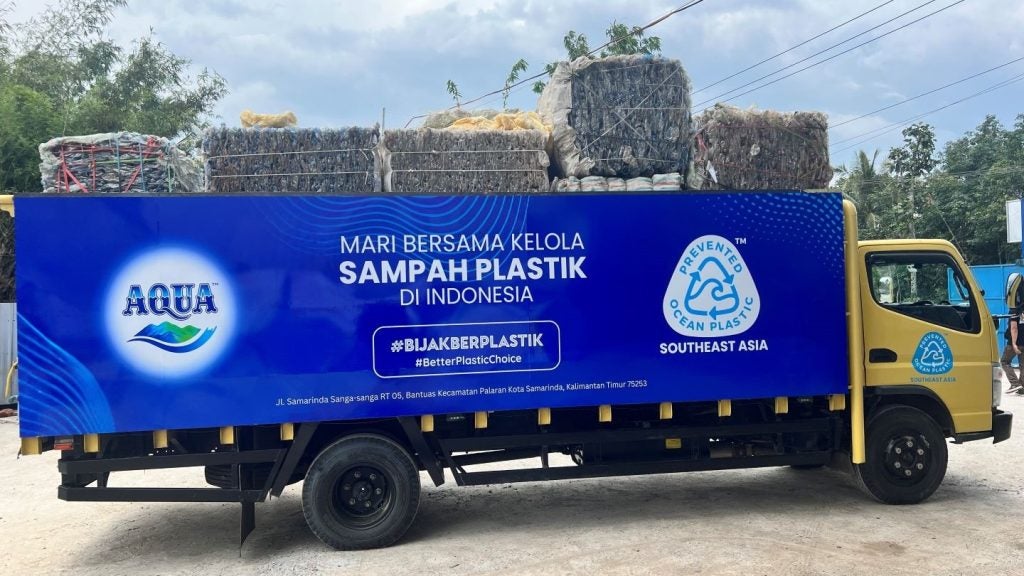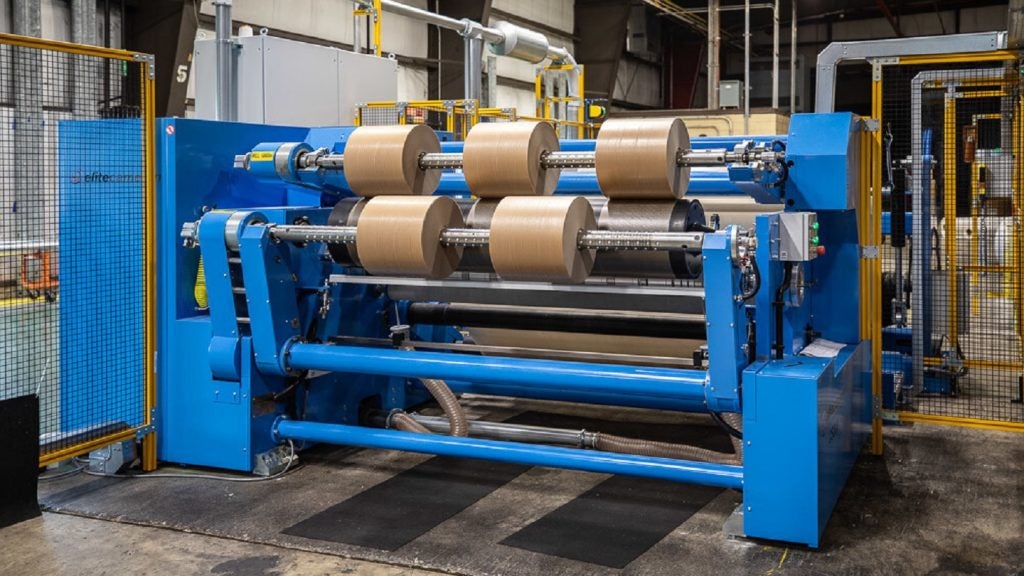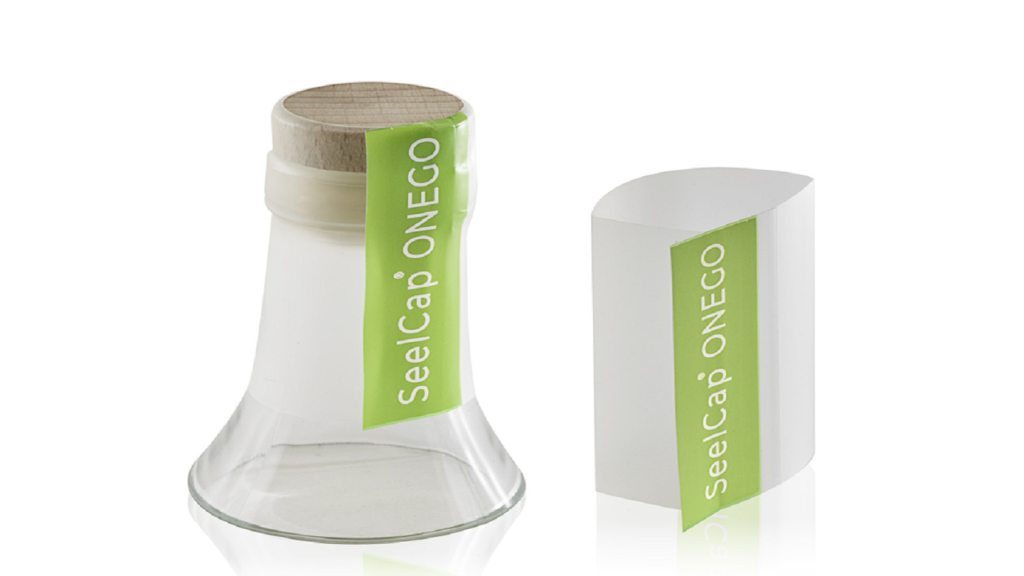The global market for oxo-biodegradable plastics is experiencing significant growth, driven by heightened environmental awareness and regulatory pressures.
However, a recent report by Data Bridge Market Research has drawn criticism for its analysis of the European market, according to Symphony Environmental, a leading innovator in sustainable packaging solutions.
While the report accurately identifies the key drivers behind the market's expansion, Symphony Environmental said it mistakenly suggests that Europe and North America are dominating due to their stringent regulations.
Symphony Environmental contends that the reality is quite different, with developing markets in Asia-Pacific, Central America, and the Middle East and North Africa (MENA) taking the lead in adopting oxo-biodegradable technologies.
“The report goes on to say, ‘According to various market studies, the oxo-biodegradable plastic packaging market is projected to grow at a compound annual growth rate (CAGR) of over 5% from 2023 to 2030'," explained Michael Laurier, CEO of Symphony Environmental.
"While we welcome such positive news for sustained growth protection, the report has falsely claimed that the European market - alongside North America - was dominating due to its stringent regulations."
“It adds ‘developing markets in Asia-Pacific and Latin America are catching up as sustainability becomes a global concern.’ But it is our contention that the Asia-Pac, Latin American and MENA markets are really driving the change,” continued Laurier.
Laurier said that oxo-biodegradable plastics offer a viable solution to the growing plastic waste problem.
By incorporating oxo-biodegradable additives into traditional polymers, manufacturers can accelerate the biodegradation process without compromising the performance of the materials.
This technology is seen as particularly valuable in regions with limited waste management infrastructure.
“The real innovators are in the Middle East. Our oxo-biodegradable master batch D2w has been used globally for the past 15 years and is compulsory for a wide range of products in Saudi Arabia, the UAE [United Arab Emirates], Bahrain, and Yemen," added Laurier.
"These nations - alongside many in Latin America and the Far East - are in the vanguard of the global shift toward oxo-biodegradable plastics.”
Despite the challenges posed by regulatory uncertainties, Laurier remains optimistic about the future of oxo-biodegradable plastics.
As environmental concerns continue to escalate, the demand for sustainable packaging solutions is expected to grow.
By addressing misconceptions and providing accurate information, the industry can drive wider adoption of this promising technology.















